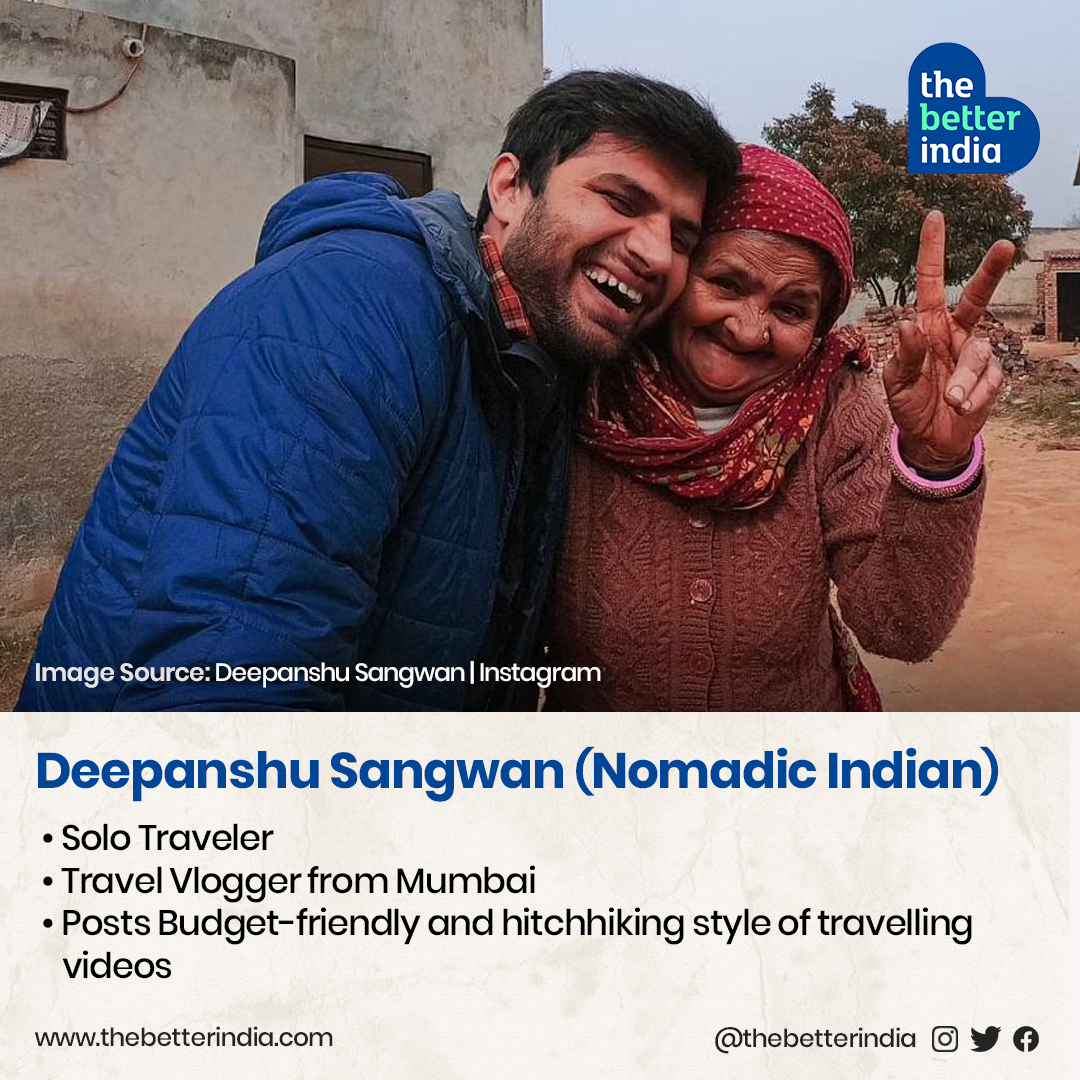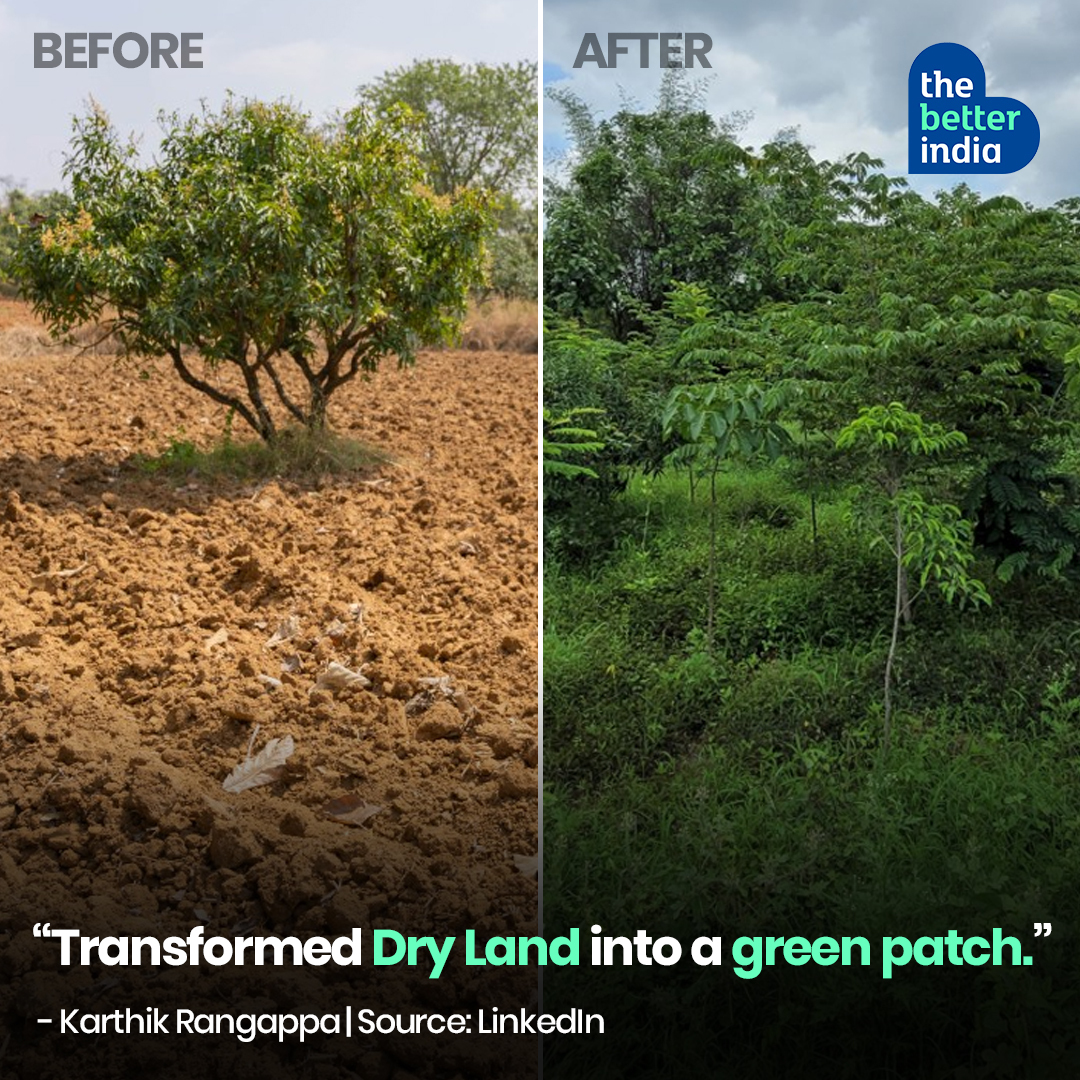
(1/4)
Whenever you're thinking of planning a trip, the first thing you do is scroll through social media to dig up more details about your desired destination. Following a few good travel vloggers always comes in handy, whether it’s for a two-day trip or a long vacation.

Whenever you're thinking of planning a trip, the first thing you do is scroll through social media to dig up more details about your desired destination. Following a few good travel vloggers always comes in handy, whether it’s for a two-day trip or a long vacation.


(2/4)
There are several travel content creators in India who have fun and informative vlogs with detailed recommendations and tips — the best places to visit, stay at, eat, and more.

There are several travel content creators in India who have fun and informative vlogs with detailed recommendations and tips — the best places to visit, stay at, eat, and more.


(3/4)
So, here is a list of some of the best travel YouTubers in India, who can guide you when you plan your next trip
#TravelVlogging #TravelVloggers #TravelContent #TheBetterIndia

So, here is a list of some of the best travel YouTubers in India, who can guide you when you plan your next trip
#TravelVlogging #TravelVloggers #TravelContent #TheBetterIndia


• • •
Missing some Tweet in this thread? You can try to
force a refresh












